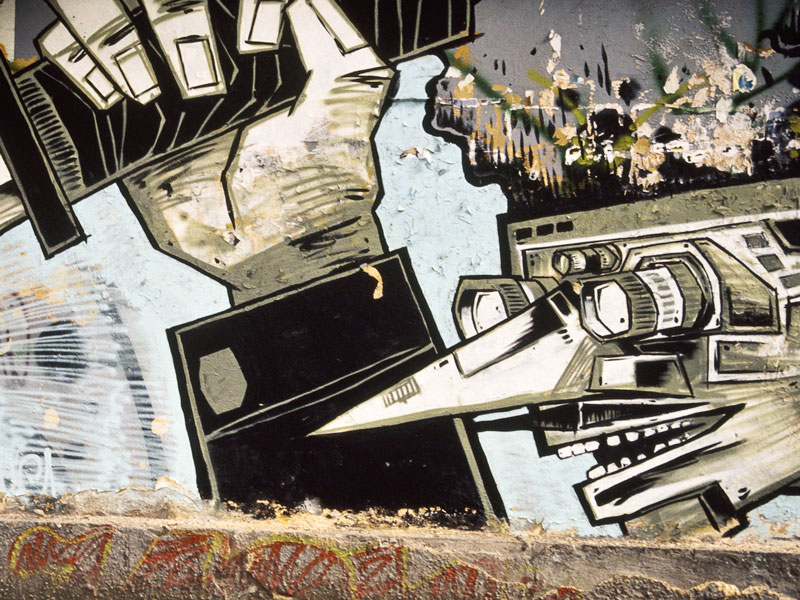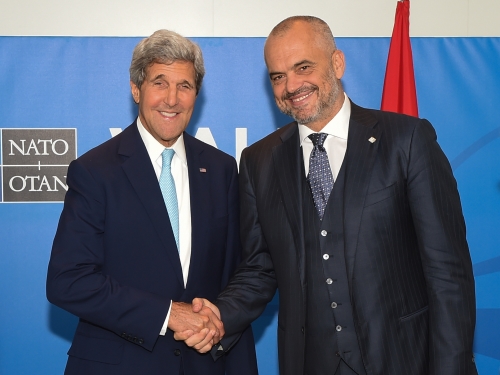This article was originally published by openDemocracy on 15 March 2016.
Enver Hoxha: The Iron Fist of Albania tells the extraordinary story of how one man held an entire country hostage for 40 years – and got away with it.
Between 1944 and 1985, the small Balkan nation of Albania was ruled by a strange, sociopathic and, frankly, completely mad dictator by the name of Enver Hoxha. While Stalinism effectively ended in Europe with the death of its namesake, or at least with the Khruschev reforms that followed, it continued unabated and unquestioned in Albania until 1990.
When Hoxha died in 1985, Albania was officially the third poorest country in the world, with the GNP of a small town and an average income of 15 USD a month. Four decades of collectivisation had led to near starvation in the countryside, where Hoxha’s aggressive isolationism meant people were still using farming technology from the 1920s. When the regime finally collapsed a few years after Hoxha’s death, it left behind a tired, hungry, confused and fearful population.
As Albanians marched towards democracy, like proverbial moles blinking into the sunlight, few had the time or will to reflect upon the man who had ruled them with unimaginable cruelty for over four decades.



